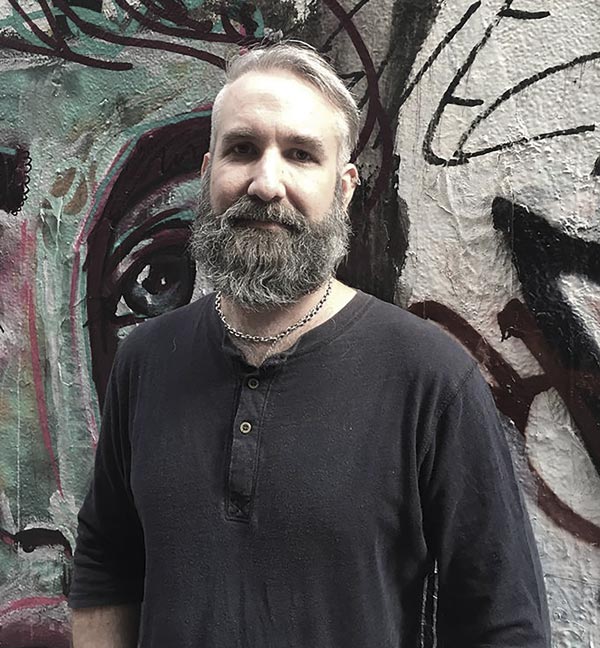
 I’m holding in my hand a green pill that contains 500mg of the broad-spectrum antibiotic, Cephalexin. There’s still more than a dozen left in the pack, but I hope that by the end of the course the last of the microbes laying siege to my lungs will have packed up and turned off the lights.
I’m holding in my hand a green pill that contains 500mg of the broad-spectrum antibiotic, Cephalexin. There’s still more than a dozen left in the pack, but I hope that by the end of the course the last of the microbes laying siege to my lungs will have packed up and turned off the lights.
To be honest, I probably shouldn’t have them at all. Most sore throats are viral, and it was this symptom that the good doctor focused on as my primary concern.
We’d sat without making eye contact, conversation strictly clinical, feel glands, take temperature, tongue depression … say ‘aaaah’ and then back to the computer screen. I’d seen four GPs in the past decade scattered across three cities, two states and a territory so there was little for him to read regarding my seasonal chest infections.
I hadn’t demanded a solution, but facing a full week of work with sinuses and lungs full of green sputum I also wasn’t sure where to hedge my bets. If not for the insistence of my wife I probably wouldn’t have bothered. The consult took less than five minutes and I left feeling decidedly worse, the script almost thrown at me with accusatory reluctance and a string of caveats. I wasn’t spoken to like a medical scientist, or even a concerned patient. I was treated like a losing bet.
It would be too easy to criticise the doctor. This was a walk-in clinic on a Sunday evening and I was a ticket number, not a conversation.
Medical practitioners are taught to view the patient as central to their craft yet the system makes that virtually impossible to achieve. Budgets have to be balanced, medical records are a mosaic and stakeholders have unreasonable expectations. The results aren’t optimal and patients are made to feel their suffering is an inconvenience.
The point we’ve arrived at in medicine hasn’t been by accident, and by some accounts it’s a victim of its own success.
The definition of disease has evolved – moving responsibility into the hands of an expert professional to ‘fix’ what is broken. This modern day, ontological model of illness as an intrusion corrupting a healthy body has served us well. We use the science of the aetiological principle to diagnose anomalies that have a high chance of leading to a prognosis, and maybe even point the way to efficient treatments that will ease suffering.
And it works brilliantly, most of the time.
But this model isn’t cost free. Disease is now viewed as a strict dichotomy between an archetypal body and a deficient one. As a consequence, patients expect to be ‘fixed’ just as physicians are expected to do the ‘fixing’.
Medicine continues to evolve towards a position where the patient is seen as a complex mix of genes, microflora, environmental effects and personality. Patient-centred treatment is viewing disease less as a clearly defined checklist and more as a personal experience of suffering.
Our definition of what it means to be ‘unwell’ is changing. As it continues to evolve, we have to also ask how our definition of ‘physician’ will change alongside it?
ED: Mike McRae’s new book, Unwell: What makes a disease a disease? (UQP, $29.95) has just been released. https://www.mikemcrae.com.au/books/

